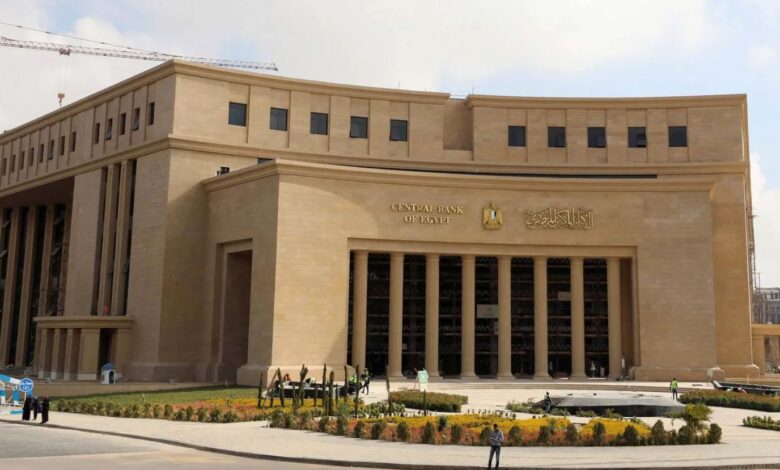
As Egypt grapples with mounting economic challenges, speculation has risen about a potential interest rate cut by the Central Bank of Egypt (CBE). Financial analysts and economic experts are suggesting that the CBE may soon announce a reduction in its key interest rates to stimulate economic growth and alleviate the financial strain on businesses and consumers.
Egypt’s economy has faced significant headwinds in recent months, including rising inflation, a depreciating currency, and a widening fiscal deficit. The annual inflation rate climbed to record levels, driven by higher food and energy prices, putting pressure on household budgets and reducing consumer purchasing power. Meanwhile, the Egyptian pound has experienced continued devaluation against major foreign currencies, increasing the cost of imports and exacerbating inflationary pressures.
In this context, a cut in interest rates could serve as a strategic move to support economic recovery. Lower borrowing costs could encourage businesses to invest and expand while easing the financial burden on households with existing loans. Experts believe this policy shift is likely aimed at fostering economic activity and stabilizing market conditions.
Prominent economist Dr. Ahmed Saleh highlighted the urgency of adopting monetary easing measures, stating, With inflation rates soaring, the Central Bank’s primary focus should be on stimulating growth while managing inflation expectations. A measured reduction in interest rates could strike this delicate balance.
Similarly, financial strategist Rania Abdel Aziz noted that the current high-interest environment has deterred investments and limited credit accessibility for small and medium enterprises (SMEs). A rate cut, she argued, would signal the central bank’s commitment to supporting economic resilience.
The CBE’s Monetary Policy Committee (MPC) has maintained a cautious approach in recent years, frequently adjusting rates to counteract inflationary trends and currency volatility. However, the global economic climate, influenced by tightening policies in major economies, has further complicated the decision-making process. Analysts predict that the upcoming MPC meeting will mark a pivot toward easing, reflecting a shift in priorities as domestic economic challenges intensify.
While the anticipated rate cut is seen as a proactive measure, it is not without risks. Economists warn that excessive monetary easing could exacerbate inflationary pressures or lead to capital outflows, particularly in a country reliant on foreign investments to support its fiscal position. Therefore, any rate adjustment must be carefully calibrated to mitigate these potential downsides.
Moreover, the CBE must navigate external pressures, including fluctuating global commodity prices and the U.S. Federal Reserve’s interest rate decisions, which can influence capital movements and exchange rate stability.
Markets have responded to speculation about the rate cut with mixed signals. The stock market showed modest gains as investors anticipated a boost to corporate earnings. On the other hand, the bond market reflected cautious optimism, with yields slightly adjusting in anticipation of a potential policy change.
Investors and stakeholders are keenly awaiting the next MPC meeting, where the central bank’s decision will likely set the tone for Egypt’s economic trajectory in the coming months.
The Central Bank of Egypt stands at a critical juncture as it considers a potential interest rate cut to address mounting economic challenges. While such a move could provide much-needed relief to businesses and consumers, the central bank must weigh the benefits against the risks of further inflation and external vulnerabilities. All eyes will be on the upcoming monetary policy announcement, which promises to be a pivotal moment for Egypt’s economic future.

